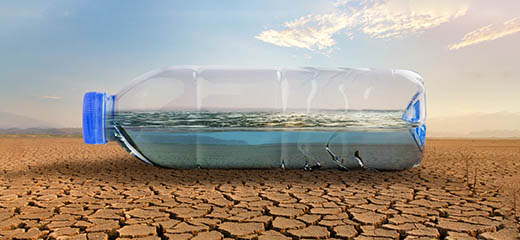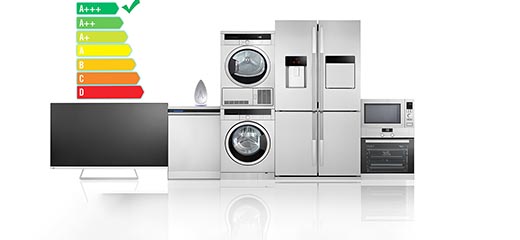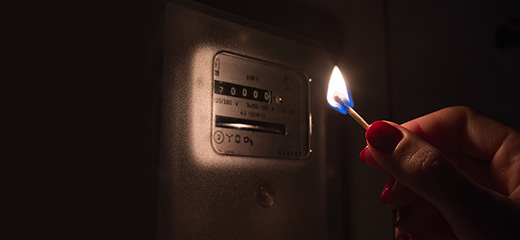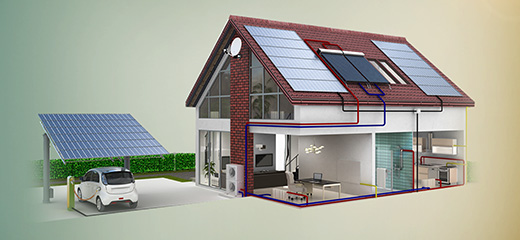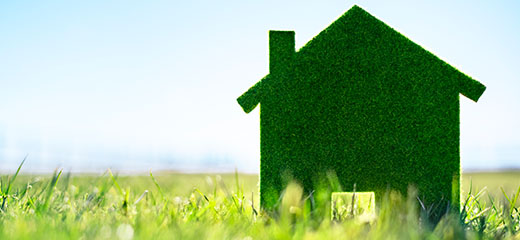
How to make your washing machine more efficient
One of the staple weekly home maintenance tasks for all households is washing clothes. It is a water and electricity intensive activity that happens between two to six times a week. This goes up even more in winter when we layer up in thicker clothing to keep warm.
A typical top loader washing machine uses up to 120 litres of water per wash cycle, while a front-loading washing machine uses around 50 to 90 litres of water. If your washing machine is an older model or is bigger than average, you will use more water and electricity on this essential activity.
People typically tend to choose hot water washing cycles because it is known to easily remove tough stains like grime and kills any germs and bacteria on the clothing. Unfortunately, this is not only bad for some of your heat sensitive clothing but will add to your electricity consumption.
The Department of Mineral and Resources has designed an energy consumption calculator to help consumers determine how much it costs to use their washing machines per year. You just multiply the energy consumption per cycle by the amount of washes per week, over the number of weeks in a year, and multiply that by the cost of electricity in your municipality.
Other ways to save on washing
Your trusty washing machine has programmes on it that will help you save on electricity and water. Choose any of the below these washing programmes and see your water and electricity savings soar with each wash on laundry day.
- Quick wash
Washing machines often come with quick wash programs so you can wash your clothing at half the normal time. While not always the best way to wash clothes, this is great for smaller loads or clothes that are not very dirty.
- Cold wash
Switch from the usual hot temperatures that your washing machine uses and choose cold washes, which can be just as effective at removing stains, warding off germs and are less harsh on fabrics. A cold wash will have a direct impact on your electricity bill as there will be no rapid heating involved. Makers of washing powder, liquids and pods have also refined their formulas to make cold wash programs far more effective.
- Load-sensing technology
Your washing machine might come with a feature to choose the water level of your load. Use this feature to reduce the amount of water you use per load. This is especially useful when you are washing just a few items, so your load does not use up too much water for washing and rinsing, enhancing overall efficiency.
- Scheduled washing
The delayed start feature is a great way to get into the habit of doing your washing when demand for electricity in your home is very low. This is particularly helpful to reduce the strain on the grid or if you rely on solar power in your home. You can schedule your washing times to happen during the day so the sun can do the work for you.
- Half load
This programme allows you to use only half of the resources you would typically use for a smaller load. This means that your clothes spend less time in the washing machine and use less water and electricity. Because your clothes spend less time spinning around in your washing machine, they experience less friction which reduces damage to your delicate fabrics.
- Eco wash
This setting is designed to reduce impact to the environment by allowing you to use less water, electricity and washing powder. It uses cold water, fewer wash cycles and less energy when drying the clothes.
- Low spin speed
If your washing machine has this programme, you won’t only get to enjoy less noise during its spins, but you will also benefit from the reduced electricity usage. You are better off using this programme when it’s hot, so the sun can do the rest of the drying for you.
- Soak cycle
Soaking your clothes in the washing machine will reduce the electricity and time spent washing them. Your clothes may spend more time in the washing machine but will use up less wash time and those tough stains are more likely to be removed.
What is an energy-efficient washing machine?
Recent technology developments have resulted in energy-efficient washing machines with specific programmes to help you use much less water and electricity and save on your bills.
If you’re ready to upgrade your washing machine, then you’re in luck. It is a requirement for manufacturers to sell only washing machines with energy-efficient ratings of Class A or above. These appliances are also required to carry a South African energy efficiency label.
Energy-efficient washing machines are designed to use significantly less water and electricity. They are designed with technology that senses the load and limits the amount of water used according to the size and type of the laundry load. They have been noted to lower your electricity bills and are friendlier to the environment.
Even though energy-efficient washing machines boast the latest design and technology to save you money, they can still use a lot of water and electricity when left to their own devices.
Remember to find out as much as you can about washing machines before making a purchase, as some options are better than others when it comes to efficiency. If you are unsure, it is always advisable to ask different providers and compare, to ensure that you choose the best possible option for your home.
Energy-efficient washing machines are a great choice for any household looking to save water and electricity. Plus, the water shortage issue which we are currently facing as a country, is far from over.
It is important to find ways to change how we use water and electricity to reduce our consumption. By using these wash programmes, you are guaranteed to see the impact of efficient laundry practices on your electricity and water bill at the end of the month.
LookSee is a free home efficiency platform aimed at making homeownership easier and more affordable.

